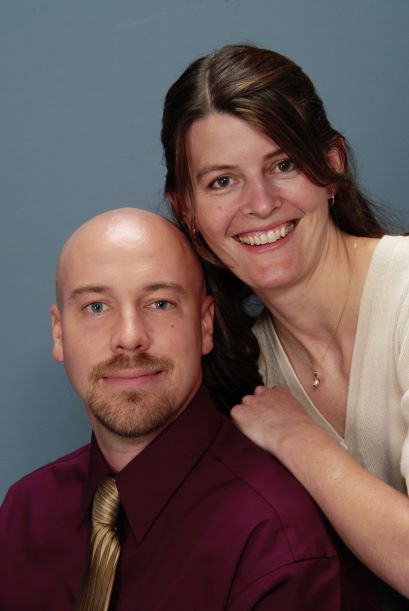 So you want to be a landlord?
So you want to be a landlord?
Being a landlord can be a scary undertaking. Like most things, the more frequent comments are about what might go wrong. Few people talk about when it goes right or how to prepare and prevent those negative scenarios. Here are a few preparation and prevention tips for landlords.
Insurance
Talk to your homeowner’s insurance agent. Tell them your plans and have them quote a policy that will give you the protections you need. If you rent your home and don’t change your insurance policy, it may not cover damage that occurs while it was rented. A policy feature to cover income losses may also be available.
Carbon Monoxide & Smoke Alarms
Colorado requires homes to have a carbon monoxide detector within 15 feet of sleeping areas. It is up to the homeowner to ensure they were in place at the time of the rental. Plug in detectors are readily available and do not require any special installation as long as there is an outlet available.
Your home should also include working smoke alarms. It is recommended that the batteries be changed in the smoke alarms between renters or, at minimum, on an annual basis.
Property Condition
We strongly encourage all tenants to let us know if there are concerns with a property during their lease. However, there is always a chance minor issues can go unnoticed. We recommend having a home inspection between renters or if it has been a while since you have used your home yourself. A home inspection will cost a few hundred dollars depending on the size of the home. It can identify minor issues that, if addressed, can prevent them from becoming major issues later. Safety issues will also be identified during a home inspection. You should be prepared to fix all safety issues.
Utilities
If your Summit County property is a condo or townhome that has some or all utilities covered in HOA dues, you don’t need to think much about utilities. The rent will include those utilities provided through the HOA. However, if you have a single family home or a property where you pay the bills yourself, who pays for what needs to be addressed. Gas and electric service is most commonly transferred into the tenants’ names. Xcel Energy connects the charges to the party, not the property. That means if your tenants do not pay their bill, it doesn’t come back to the homeowner. Water and sewer bills are just the opposite. If those bills are not paid, the provider can place a lien on the property. We recommend homeowners pay for water and sewer as well as driveway snow removal. Decks, walks and stairs can be cleared by the tenants. Don’t forget about TV and internet service too. Are you ok with a satellite dish mounted on your house if that’s what they choose? If not, those may services you want to include in the rent.
If you have more questions, check out our Property Management FAQs.

